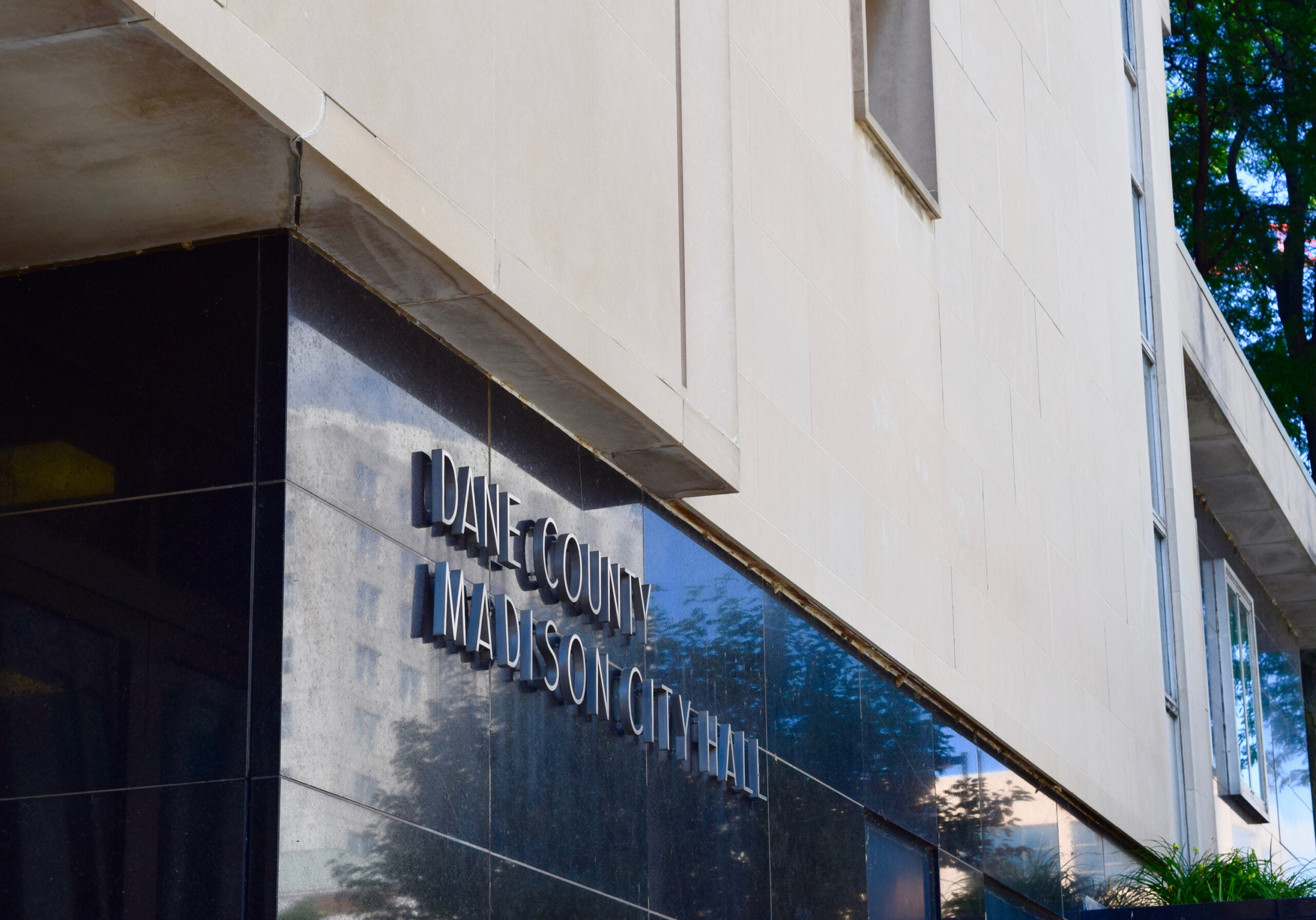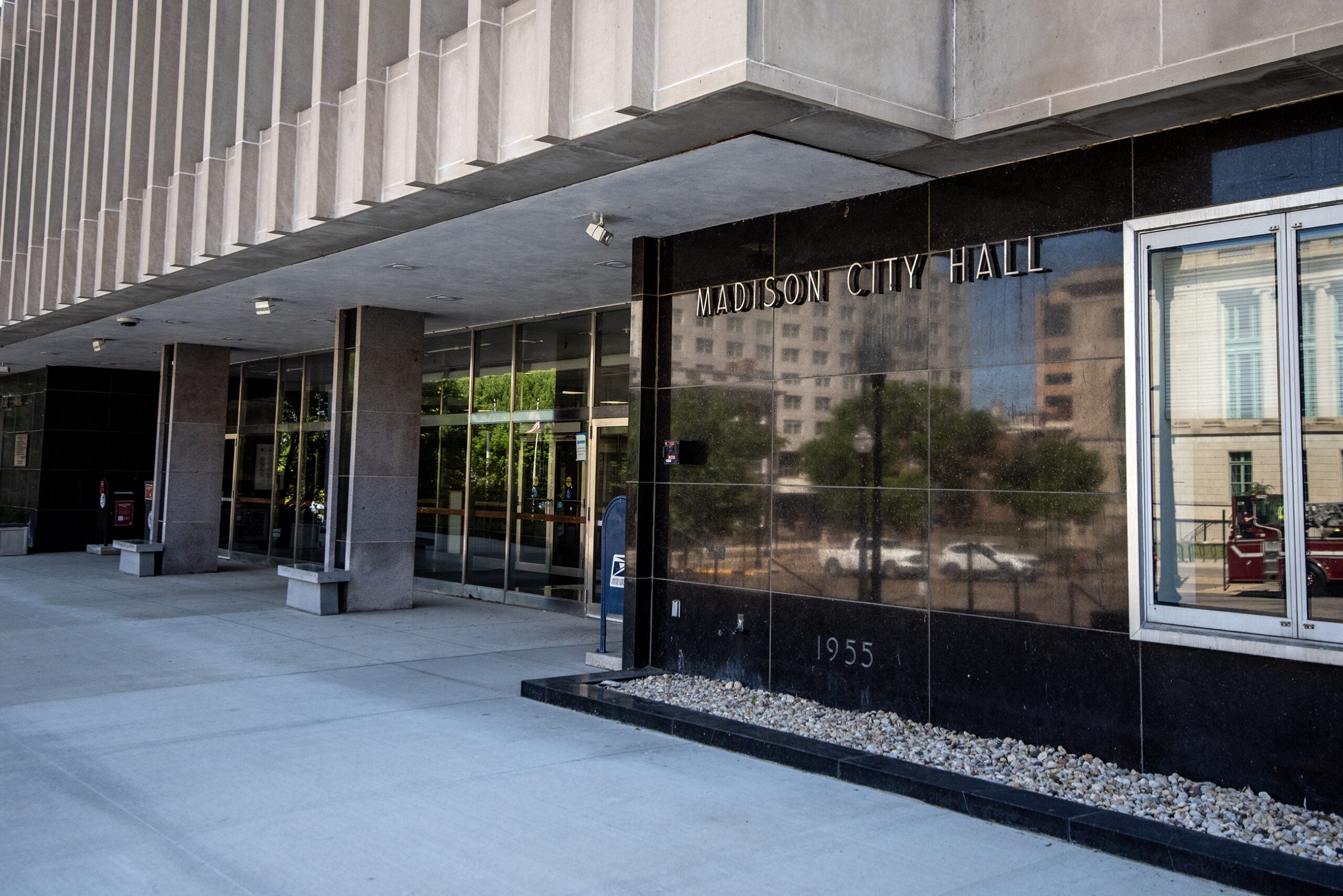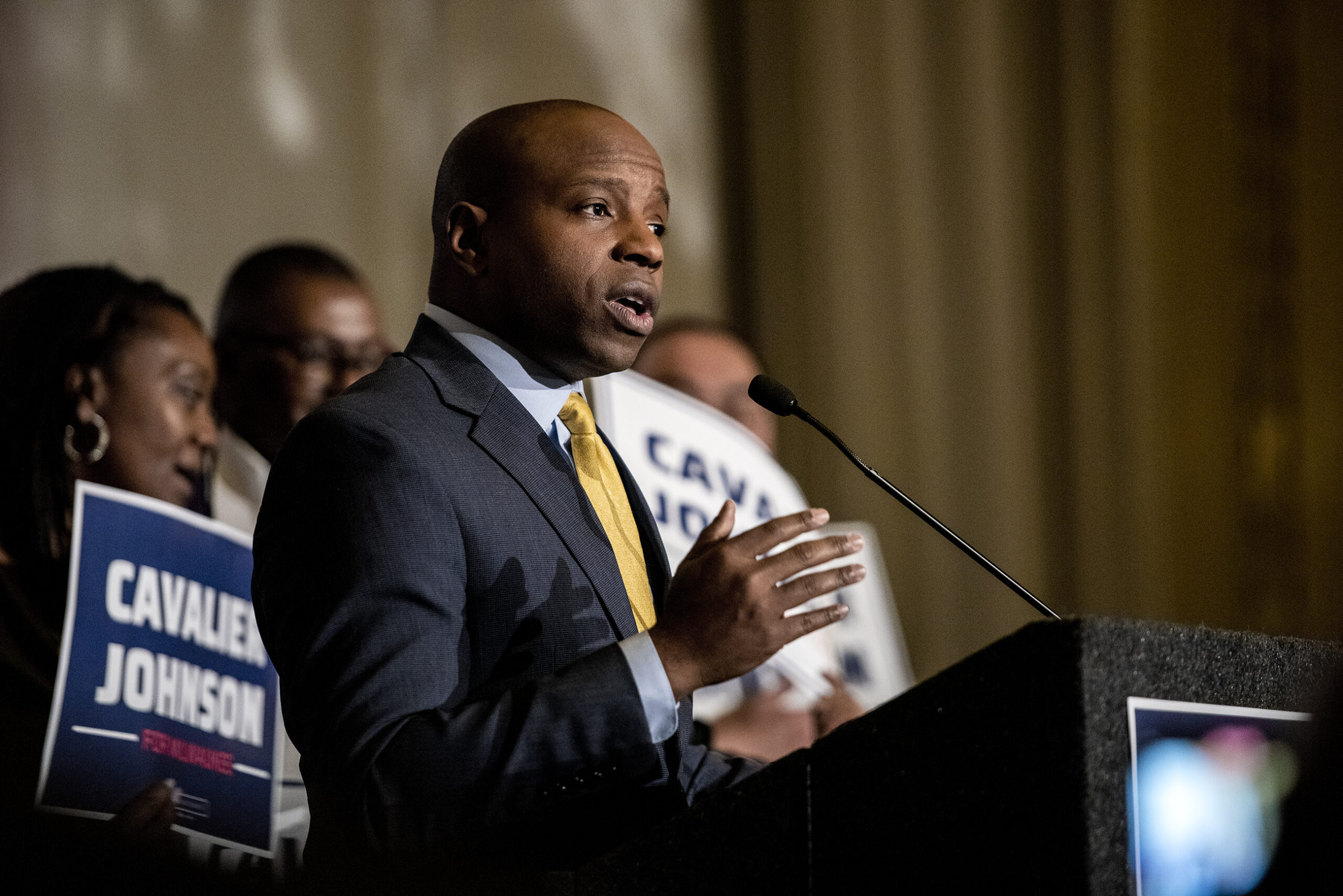A proposal to significantly increase the salaries of Milwaukee’s mayor and common council members would give those elected officials their first raise since 2008.
The proposal would increase the mayor’s salary by more than $22,000, while alders would see a pay bump of more than $10,000. The move comes just months after a bipartisan law was passed that overhauled local government funding and gave Milwaukee the ability to raise its sales tax by 2 percent.
Although that deal did infuse over $200 million into the city’s 2024 budget, Milwaukee could still see future budget gaps of $35 million to $45 million as soon as 2025, according to the Wisconsin Policy Forum.
Stay informed on the latest news
Sign up for WPR’s email newsletter.
Milwaukee Common Council President José Perez, who has been an alder since 2012, would see his salary increase from $82,749 to $94,310 if the proposal is adopted. In an interview with Wisconsin Public Radio Tuesday, he didn’t indicate whether he was in favor of the increases.
“It’s a proposal, and like everything else, this council will talk about it, deliberate it and figure if and how it moves forward,” Perez said.
A spokesperson for Milwaukee Mayor Cavalier Johnson said elected officials can only adjust their pay before their new terms begin.
“The last time elected official salaries were adjusted was in 2008, and, if they do not change before the newly-elected officials take office next April, the next time the salaries can change will be 2028,” Jeff Fleming wrote in an email.
Fleming also said if elected officials’ salaries had kept up with inflation since 2008, they’d be 43 percent higher than they are now.
However, not everyone is in favor of the move, including state Rep. Bob Donovan, R-Greenfield.
“Unfortunately, I think the optics are incredibly bad with this, especially at this time,” Donovan said, mentioning the recent passing of the shared revenue deal.
Donovan, a former Milwaukee alder, voted against Milwaukee alders, including himself, getting a pay increase in 2008.
“I think 15 percent is way too high in one lump sum. I think it needs to be spread out, if nothing else, over a period of years,” he added.
Dan O’Donnell of NewsTalk1130 first reported the story Monday, after he received email from Milwaukee Department of Employee Relations Director Harper Donahue IV to alders.
Under the executive pay plan, Donahue said the mayor’s salary would be raised from $147,335 to $169,436, a 15 percent increase. The pay rate for common council members not including the president would also be increased by 15 percent from $73,222 to $84,205. The city attorney would also get a pay bump of around $22,000, while the municipal judge would make around $20,000 more each year.
“I am acutely aware of many of the perplexities you may be wrestling with in your need to balance fair compensation with requirements associated with being a responsible steward of limited resources, and I want to provide any necessary information to assist you with your related decision-making,” Donahue said in the email.
Donahue didn’t respond to WPR’s request for an interview for this story.
Fleming said city government has had retention issues because of low wages for employees in recent years as well.
“The executive and elected official adjustments come after literally thousands of rank-and-file employees have had their pay rates modified to conform with the current labor market,” Flemming said.
Ald. Marina Dimitrijevic, the chair of the city’s finance and personnel committee, said now is an appropriate time to discuss the raises.
“If it’s frozen, that’s actually a cut when inflation increases,” she said. “That’s the same thought that we’ve used in our wage equity analysis with other city employees.”
A compensation study from the city of Minneapolis found that Minneapolis City Council members earn $106,101 per year. In Seattle, that figure is at $137,432. Meanwhile, city of Omaha commissioners make $41,683, while Tampa common council members make $53,622 every year.
Wisconsin Public Radio, © Copyright 2025, Board of Regents of the University of Wisconsin System and Wisconsin Educational Communications Board.







